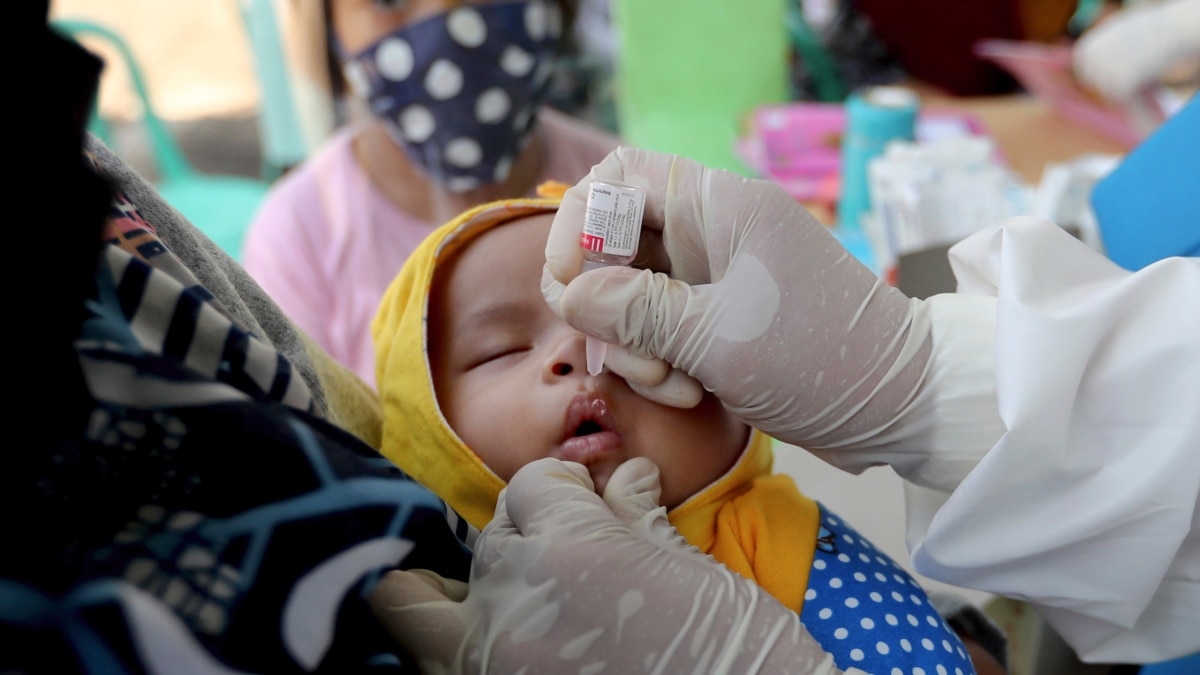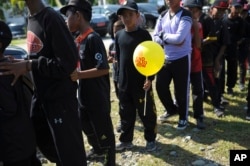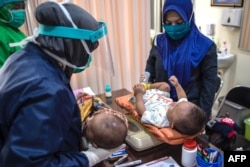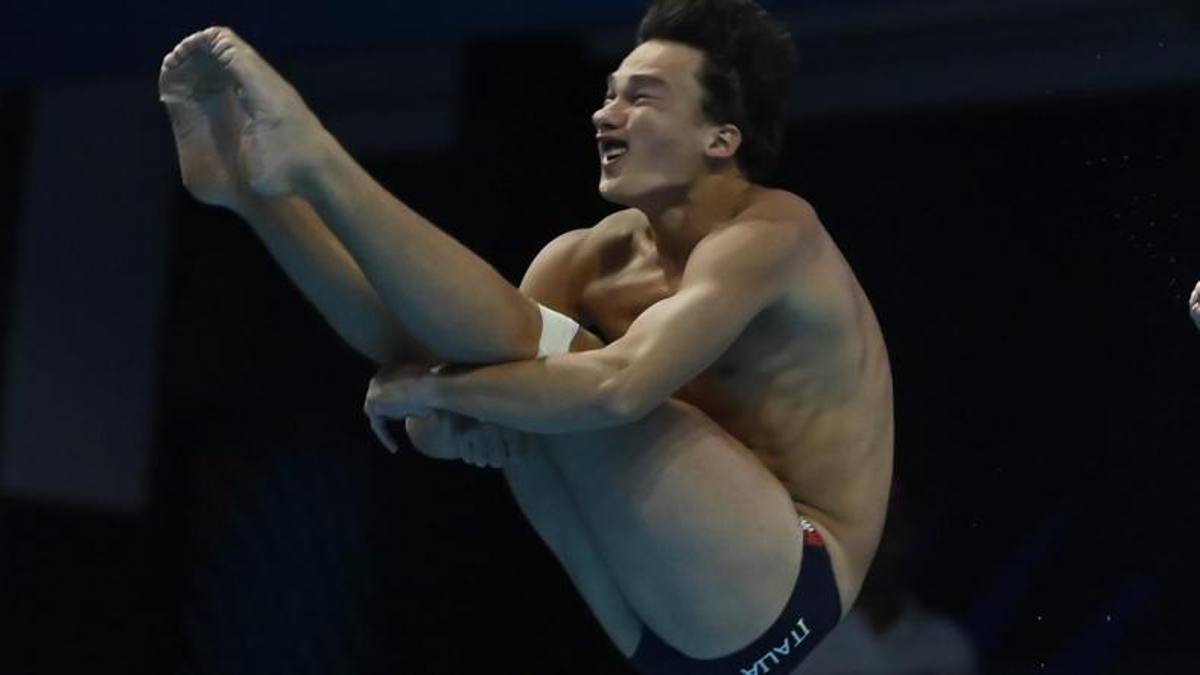A member of the Indonesian Association of Pediatricians’ (IDAI) Tropical Disease Coordination Working Unit, Raihan, explained a number of findings related to low polio immunization coverage in Aceh province, particularly in the district of Pidie. The low coverage is due to the reluctance of parents to Pidie if their children receive polio immunization OPV (polio vaccine drop) and IPV (polio vaccine injection) due to a number of factors.
“Orally they feel it is not necessary. Nearly 40% of parents feel that it is not necessary, perhaps due to a lack of understanding of the diseases their children may suffer from. Hence, they are concerned that their child has a fever “he said in the IDAI media group interview on Friday (2/12) afternoon.
The reason parents do not immunize their children against polio is also due to factors of belief and religion. In fact, the factor of belief and religion is the number one reason why parents are reluctant to have their children vaccinated. Even though low immunization coverage poses a threat to maintaining polio-free status.
“There are still those who don’t understand that they are afraid to even drop polio,” Raihan said.
Raihan explained that Pidie’s parents thought that injecting the polio immunization would give their children a fever. Then, they also think that immunization is unnecessary.
“When yesterday’s polio case occurred, we conducted a survey by Pidie Health Service and the United Nations Children’s Fund (UNICEF) in November 2022. From 26 homes there were 33 children aged 0 and 59 months. And 49 children who were less than 15 years old. Only eight children contracted polio. Meanwhile, for the polio injection, there was not a single child. The reason? Fear of side effects to the max “, has explained.
Lack of parental understanding regarding polio immunization has made immunization coverage in Aceh fall short of target over the past four years.
“That means coverage is less than 60% and even in 2022 all districts will fall short of the target. If you look at (immunization) for polio drop from one to four, then the drop is very significant. year, injection and oral immunization had a very steep decline. Especially if we look at Pidie, from 2018 to 2022 the coverage never reached 30 percent. So there are very few children in Pidie (immunized).” Raihan said.
Aceh Pidie, polio vaccination coverage lower
According to Raihan, the Aceh provincial government is currently continuing to ramp up coverage through National Child Immunization Month (BIAN). It is hoped that through the BIAN immunization program, even if it is just polio, it can increase to 31.6%.
“For the polio injection, there are indeed many who refuse. For all the districts in Aceh, the Pidie region has the lowest coverage,” he concluded.
IDAI’s Tropical Disease Infection UKK chairman Anggraini Alam said it was not only vaccination coverage in Aceh that had declined. However, vaccination coverage in all regions of Indonesia is also experiencing the same situation.
“Vaccine coverage in Indonesia has completely gone down. There have been efforts to do BIAN and it has crept in. But there is still the potential for all of this because of the convenience of not having more diseases. Then, the fear of getting to a health facility to immunize during the COVID-19 period. Ultimately, these two things have caused the vaccination coverage to drop not only in Indonesia but around the world,” he said.
According to Anggraini, infectious diseases, including polio epidemics, can be prevented by immunization. Indeed, immunization protects children from various diseases that can attack them.
“If it is neglected or it decreases (vaccination coverage), more diseases can be experienced by children. We not only get sick and then we treat it. Complications also vary to the point of causing death,” he said.
The health office and UNICEF move quickly to organize a vaccination campaign
Meanwhile, Aceh Health Service together with UNICEF are continuing efforts to cope with Extraordinary Events (KLB) after a confirmed case of polio was found in Mane village, Pidie district. The Aceh Health Office plans to provide an additional polio vaccination through the Polio Sub-PIN (National Immunization Week) program which will take place in two rounds, the first in December 2022. Then, the second in January 2023 for all districts / city in Aceh.
“The current condition is an emergency. The best and fastest effort we need to make together right now is to immediately provide an additional polio vaccination to all children in Aceh,” said the chief of disease prevention and control (P2P) Aceh Health Service, Dr. Iman Murahman, through his written statement received by VOA.
Meanwhile, Risang Rimbatmaja, a behavior change specialist at UNICEF Indonesia, said the role of religious educators is necessary to communicate polio immunization efforts that they consider very important.
“Hopefully, faith counselors can work with health professionals to strengthen communication in urging people to immunize their children immediately,” he concluded. [aa/em]




